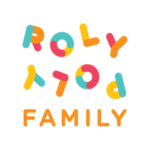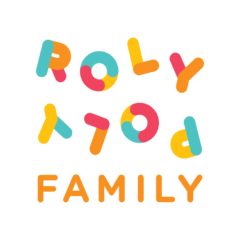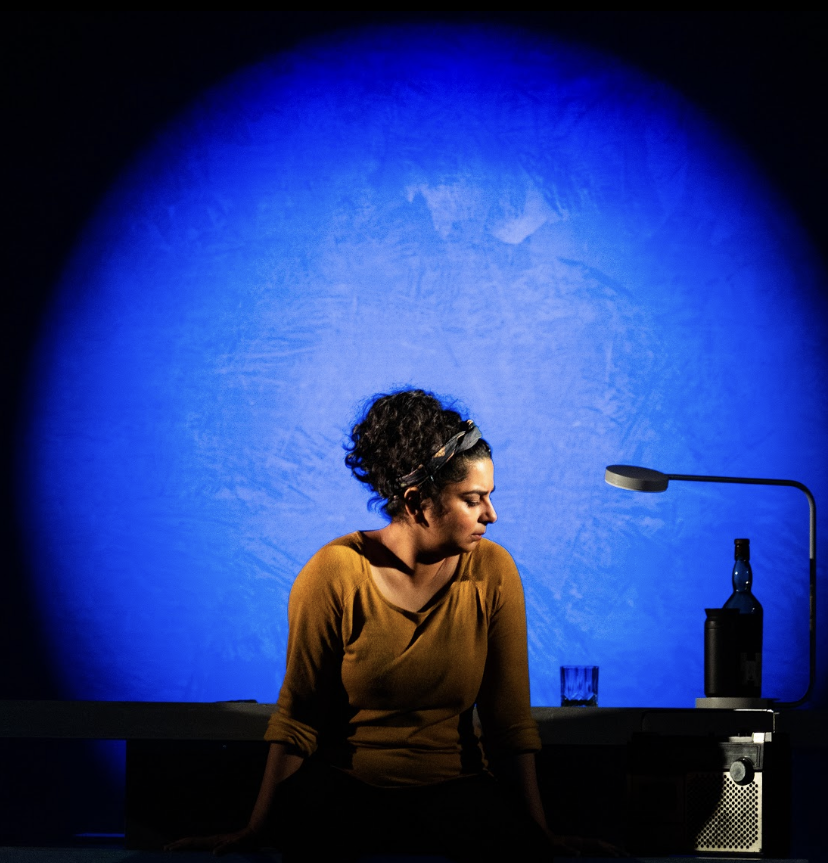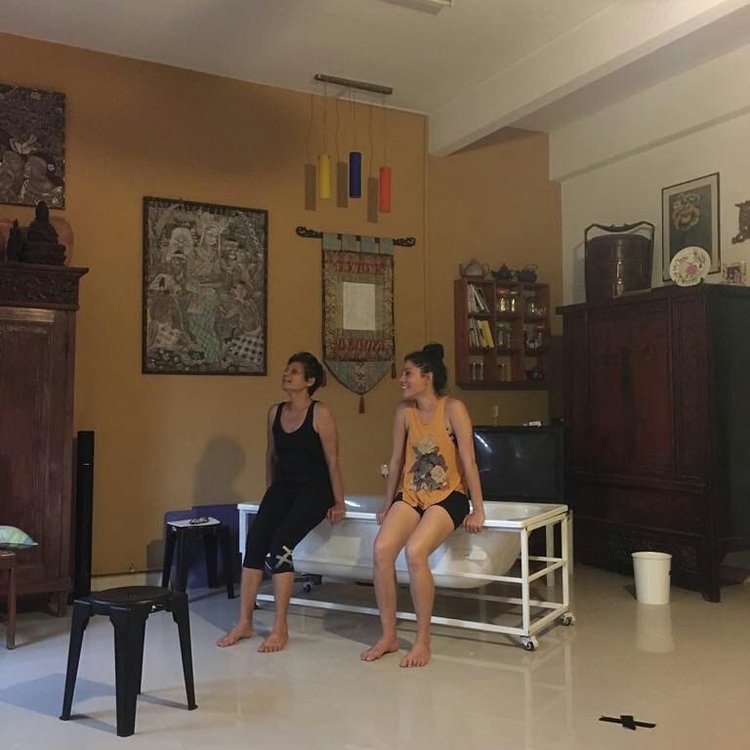In this blog post, Faye interviews writer and performer Pooja Nansi about the recent run of her work, You Are Here, being a parenting artist, and supportive environments in the arts for parenting and caregiving. This is a written interview, conducted over Google documents.
I experienced You Are Here as a moving and intricate weaving of narratives from your personal life and history, that connect with wider societal conversations around topics such as lineage, gender, racism, etc. How do you feel about the work now, coming out of this recent production run with Wild Rice?
This recent version of You Are Here feels like the most complete and true version of the work yet. I wrote it 6 years ago and it is a work that evolves and grows with me and will continue to do so. Just as I change and my responses and relationships to wider conversations grow, so does the work! It’s not a static piece of writing and it is in constant navigation.
In You Are Here, you share about your mother, who was flourishing as a Kathak dancer in her younger days, and who set aside her dancing life for motherhood. As an artist and a parent now, how do you feel things are the same and/or different for you and your mother?
Oh I have privileges she never had. And my privileges rest squarely on her sacrifices. As an immigrant my mother didn’t have the extended family support structure I do to lean on for caregiving, neither did she have the financial freedom to hire help. As I say in a recent post, my mother gave up her artistry to mother me, and mothered my child so I did not have to give up mine.
You wrote in an Instagram post about having “a working environment [during You Are Here] that completely swooped in to support all [your] needs.” Could you share more about the support structure/s and spaces of negotiation?
When I was asked to do the show five months postpartum, I had to first ask my mum and husband if they’d be ok to step in and I am lucky to have a husband and mother who both told me unreservedly to do the show because I’d be silly to say no. It was knowing that Nyra would be taken care of that gave me the confidence and peace of mind to say yes. And then Wild Rice and specifically my director Edith were upfront about accommodating my needs as a new mother. I remember Edith saying early on she’d be ok with me having my baby in the rehearsal room (a horrible idea which I never agreed to haha). Melissa the production manager was super flexible about arranging production schedules around the times I needed to be around Nyra, the times I needed to pump. All of these things made me feel like I could be freed to focus on the creative process and be the best artist I knew how to be.
Within your arts and working communities, where have you encountered similarly supportive environments for artists/arts workers who are parents/caregivers? Where might there be possibilities for growth in your view?
I work selectively in Theatre, so I can’t speak for experiences across the board. But I do think we need to normalise breastfeeding, pumping, needing to bring babies into creative spaces especially if we are committed to making the Arts an inclusive and empowering space for women. If there’s any industry that can lead the way in radical practices that allow for women to be multitudes, surely it’s the Arts!
In what ways have your practice and work evolved or changed since you became a parent, if any? If not, could you share the considerations required to sustain your practice and work as they were?
I’m super focused when I get pockets of time to work! No more browsing the internet instead of editing. I’m so deeply aware now that work is the thing that nourishes me and fills my cup. And I’m much more present both when I’m working and when I’m spending time with Nyra. I also think much harder about what my work says about me to my daughter, and the kind of world I am contributing to building for her.
Any other thoughts or questions you want to share?
I’m new to motherhood and the conversations that are happening between notions of parenthood and artistry and I hope we are much more open with each other about these so that we build communities in which we can, especially as women be more empowered mothers and artists.
Thanks Pooja!



